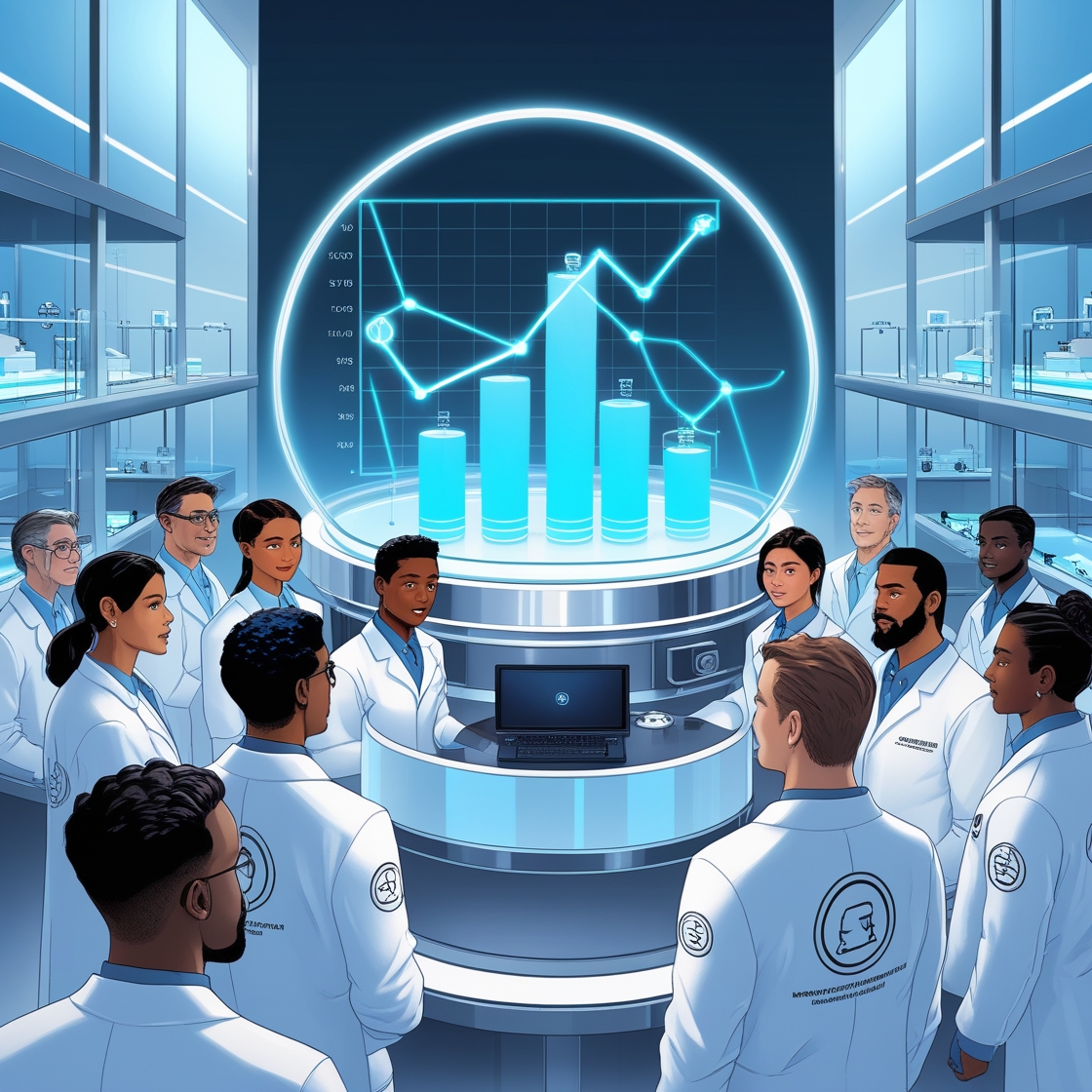Laboratory management software (LMS) has undergone a transformative evolution over the past decade, becoming a critical tool for enhancing efficiency, compliance, and data accuracy in laboratories. As we look ahead, emerging technologies, evolving regulations, and the increasing complexity of scientific research promise to redefine LMS yet again. This article explores the trends, innovations, and challenges that will shape the future of laboratory management software in the next decade.
The Evolution of Laboratory Management Software
Key Milestones
- Early 2000s: Introduction of basic Laboratory Information Management Systems (LIMS).
- 2010s: Integration with cloud computing and mobile platforms.
- 2020s: Adoption of AI and machine learning for predictive analytics and automation.
Dr. Samantha Lee, a leading researcher in lab technologies, notes, *”The pace of innovation in LMS has been extraordinary. We are moving from basic data management to intelligent systems that can predict, analyze, and optimize laboratory operations.”
Future Trends in Laboratory Management Software
1. Artificial Intelligence and Machine Learning
- AI-driven LMS will offer predictive analytics to anticipate equipment failures and resource needs.
- Machine learning algorithms will analyze patterns to improve experiment accuracy and reduce errors.
2. Cloud Integration and Data Security
- Enhanced cloud-based LMS will provide scalable, real-time access to data from anywhere in the world.
- Advanced encryption and blockchain technologies will address growing concerns about data security.
3. Internet of Things (IoT) and Smart Labs
- IoT-enabled devices will automate routine tasks like equipment monitoring and inventory management.
- Smart labs will integrate LMS with laboratory instruments for seamless data collection and analysis.
4. Customization and User Experience
- User-friendly interfaces and customizable dashboards will cater to the specific needs of diverse laboratories.
- Enhanced user experience will lead to faster adoption and better ROI.
Challenges to Overcome
Data Privacy and Compliance
- Laboratories handling sensitive data must comply with strict regulations like GDPR and HIPAA.
- Future LMS solutions must prioritize robust compliance frameworks.
Integration with Legacy Systems
- Many laboratories still rely on outdated systems that are difficult to integrate with modern LMS.
- Developers must ensure compatibility and provide seamless migration solutions.
Cost Constraints
- Advanced LMS solutions may be expensive, posing a challenge for smaller laboratories.
- Offering tiered pricing models and scalable options can address this issue.
Predictions for the Next Decade
Personalized Laboratory Management
By 2035, LMS will be tailored to individual laboratory requirements, offering specialized modules for different industries like pharmaceuticals, biotechnology, and environmental science.
Autonomous Laboratories
The integration of robotics and AI will pave the way for autonomous laboratories where experiments and data collection occur without human intervention.
Real-Time Decision Support
Advanced analytics will enable LMS to provide real-time insights, empowering researchers to make informed decisions instantly.
Dr. Michael Turner, a futurist in laboratory technologies, predicts, *”The laboratory of the future will be a living ecosystem, capable of self-optimization and learning from its operations.”
Best Practices for Adopting Future LMS
- Invest in Training: Ensure staff are well-trained to utilize advanced LMS features.
- Prioritize Scalability: Choose software that can grow with your laboratory’s needs.
- Focus on Security: Opt for solutions with robust encryption and compliance certifications.
- Seek Vendor Support: Work with vendors that offer strong customer support and regular updates.
Conclusion
The next decade promises unparalleled advancements in laboratory management software, driven by technologies like AI, IoT, and cloud computing. By embracing these innovations and addressing challenges, laboratories can achieve greater efficiency, accuracy, and compliance. As Dr. Turner aptly said, *”The future of LMS is not just about managing labs; it’s about transforming how science is conducted. click here for more information.
